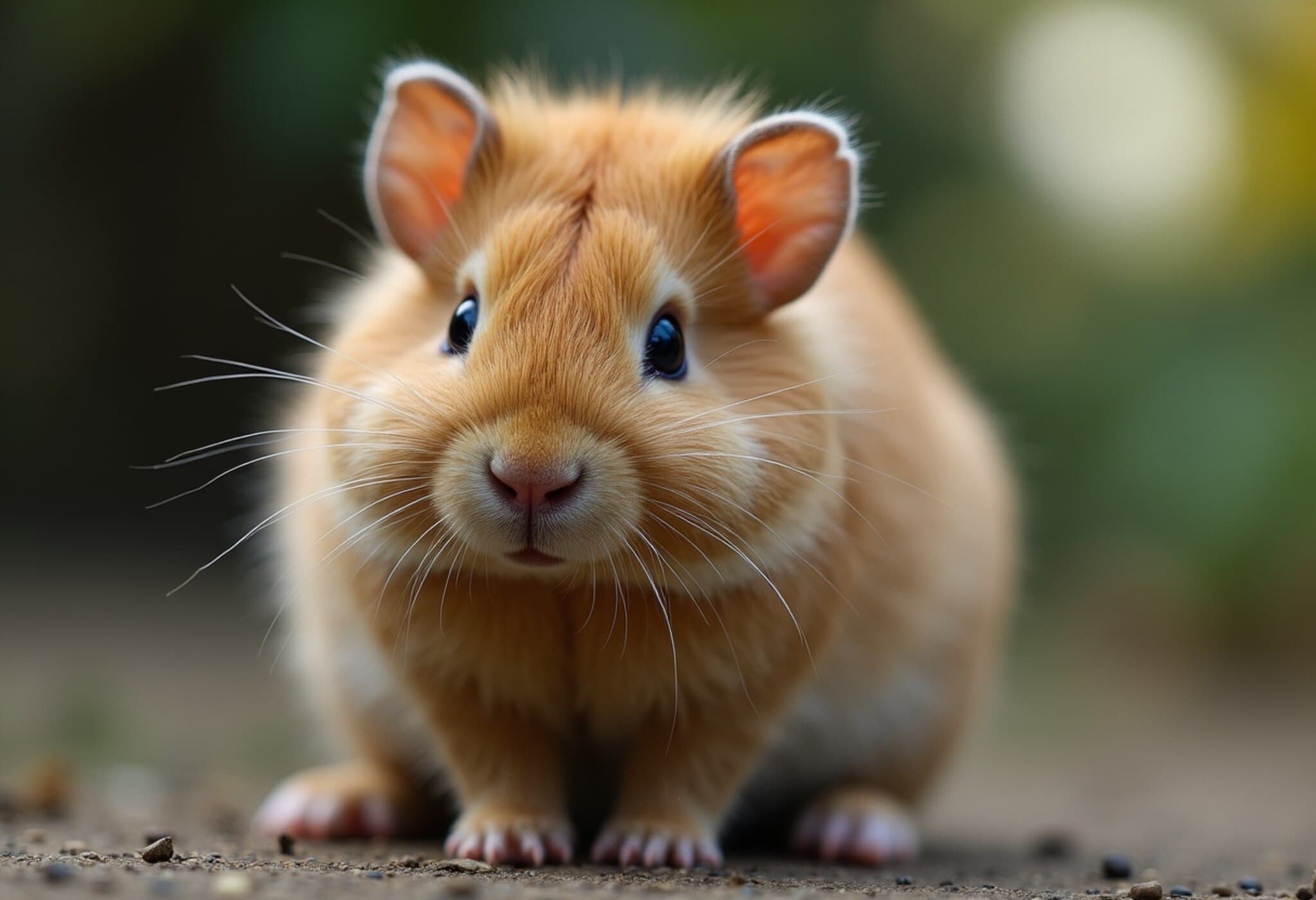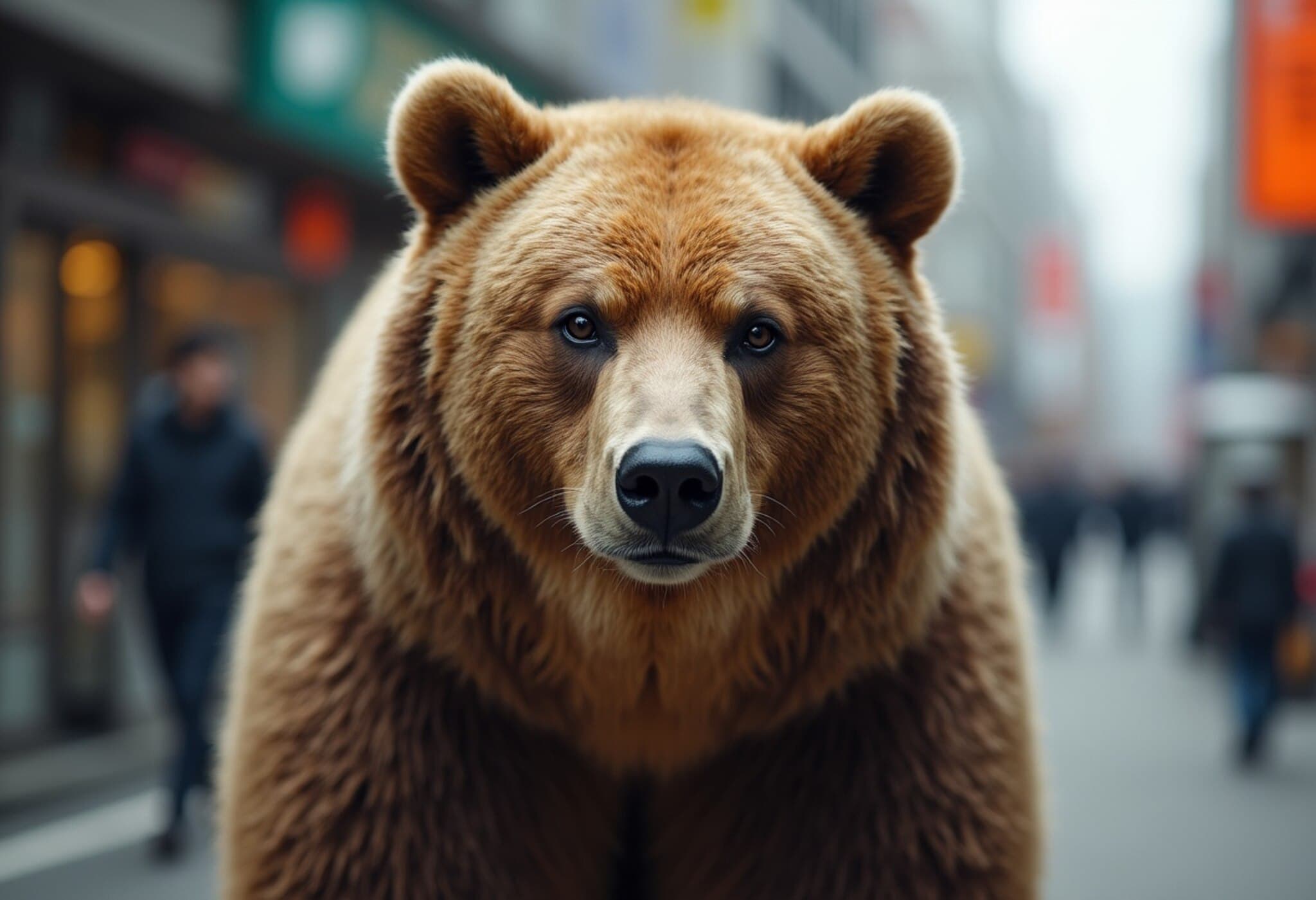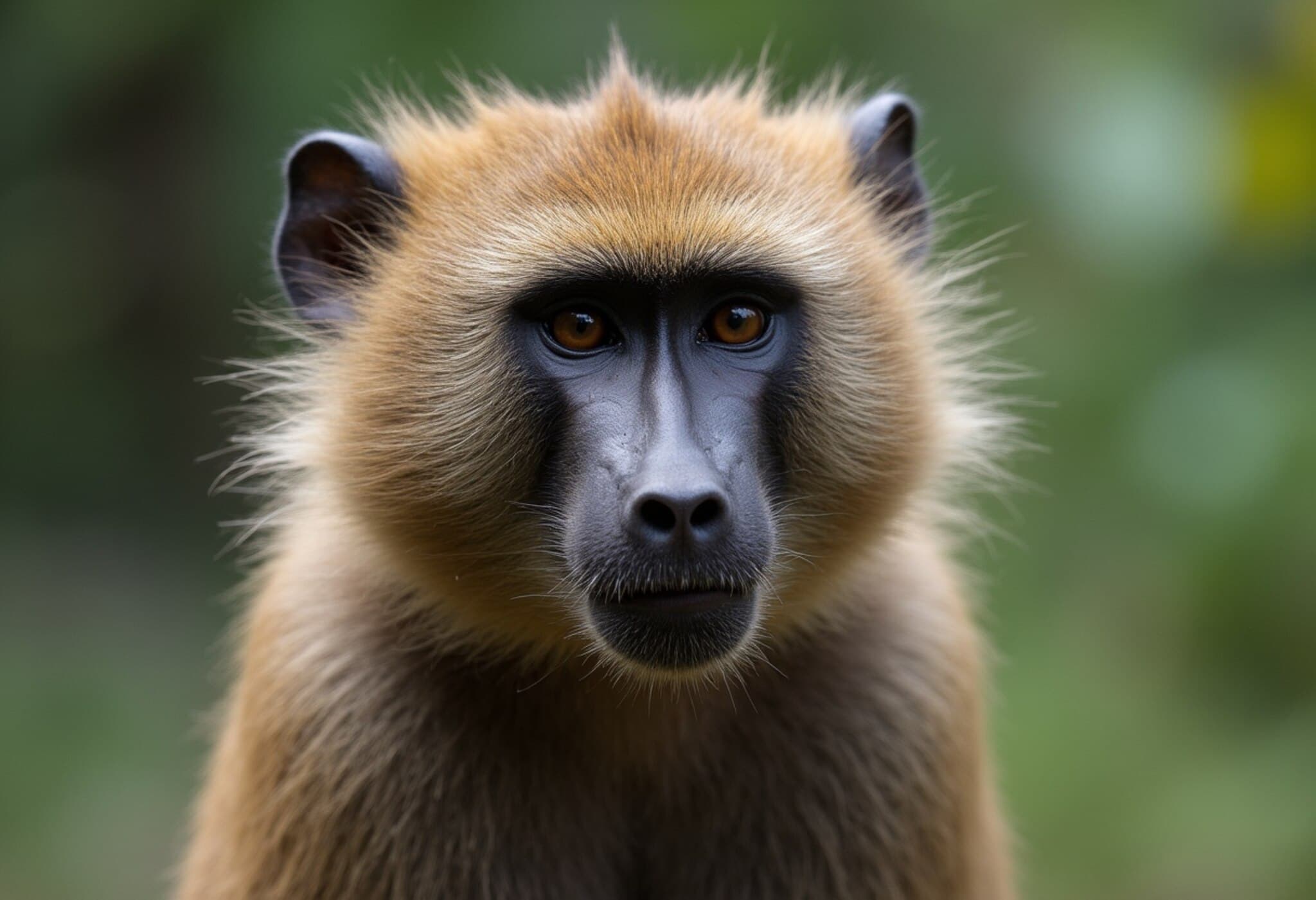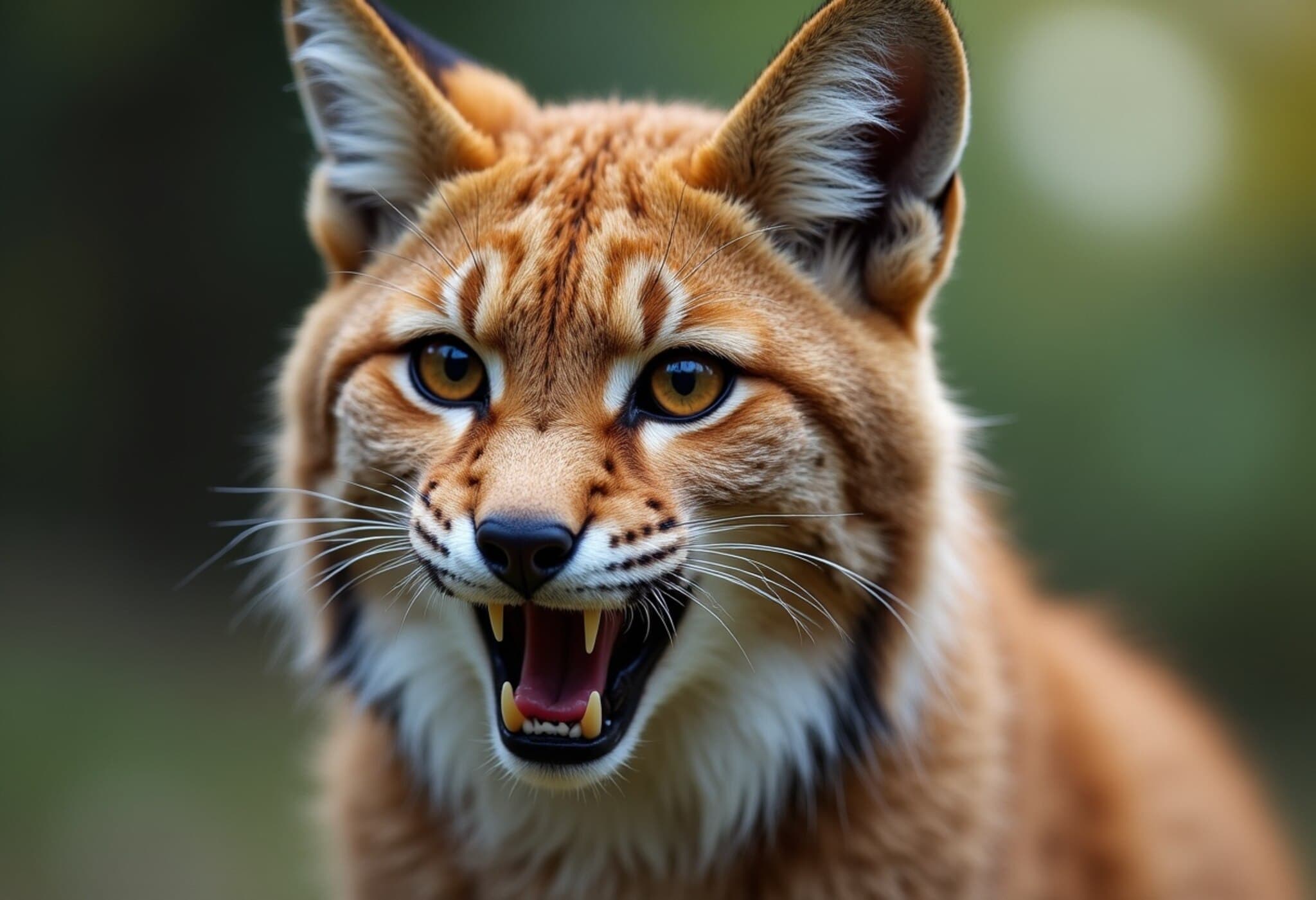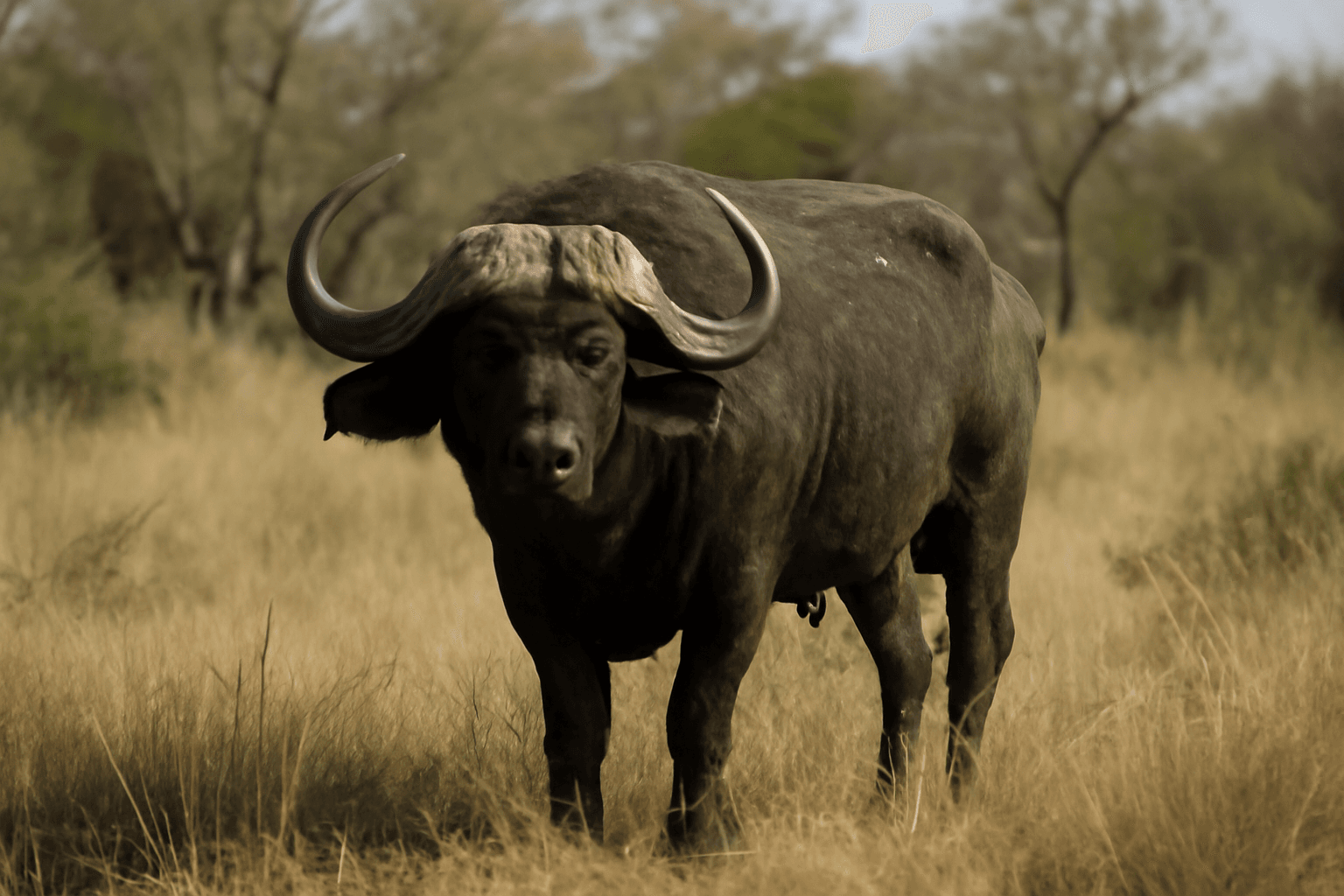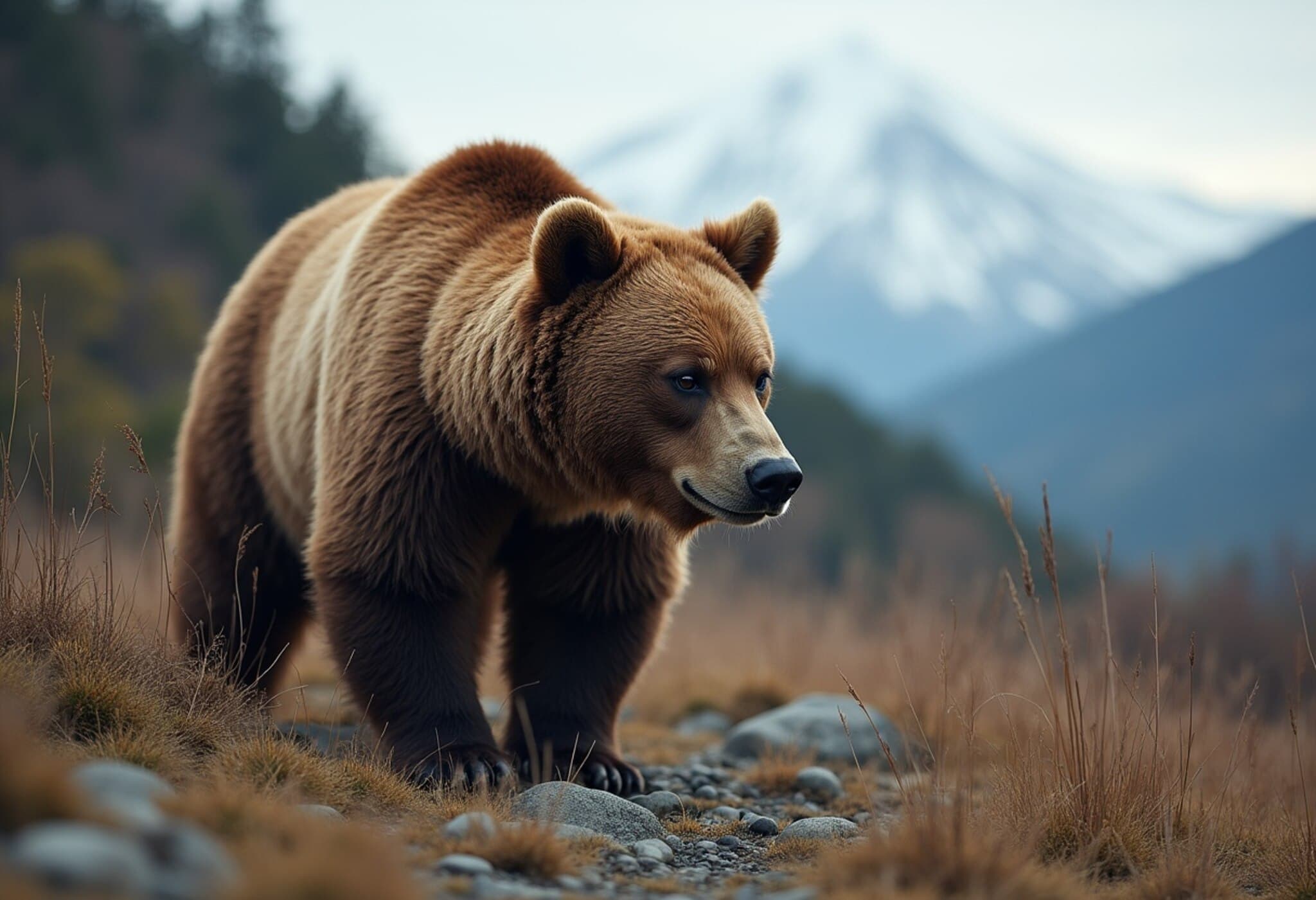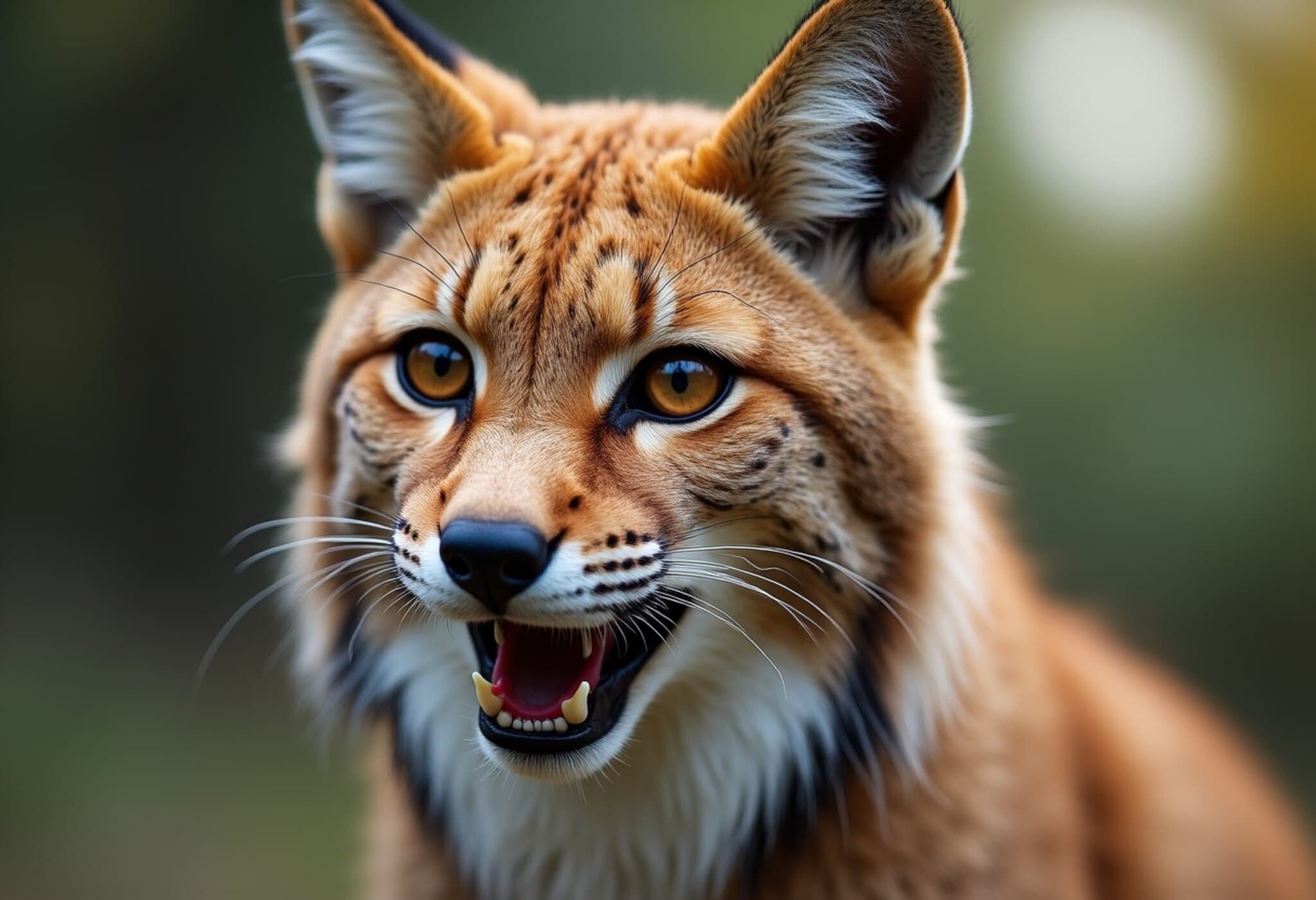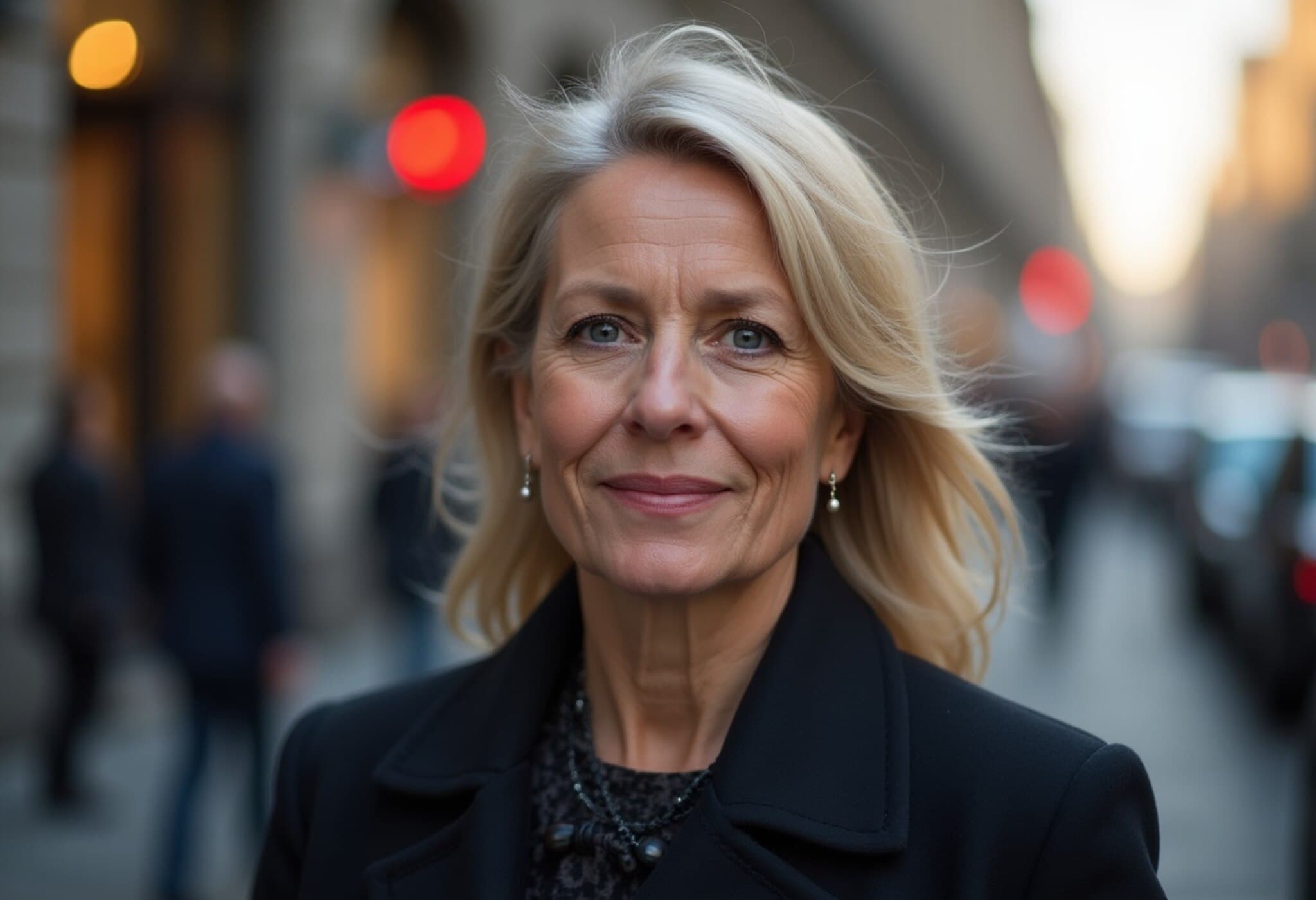Aalborg Zoo's Controversial Yet Compassionate Approach to Feeding Predators
In an unconventional but thoughtfully outlined initiative, Aalborg Zoo in northern Denmark has begun inviting the public to donate unwanted small pets, such as rabbits and guinea pigs, to serve as food for its captive carnivorous animals. This program, announced via the zoo’s official Facebook page in early August 2025, intends to recreate a naturalistic food chain environment for zoo predators, supporting their instinctual behaviors and nutritional needs.
Balancing Ethics and Natural Behaviour in Captivity
The idea may sound jarring at first, especially in a world where every pet often symbolizes companionship and love. However, Aalborg Zoo emphasizes that all donated animals will be humanely euthanized by certified professionals to avoid suffering. The zoo assures that this measure reflects its strong commitment to animal welfare and professional integrity.
The mission aligns with broader zoological practices that value natural predator-prey dynamics even within captive settings — conditions that can enhance the well-being and psychological health of carnivores often deprived of hunting opportunities. By ensuring a diet closest to what these predators would have in the wild, the zoo hopes to foster natural behaviors, improve nutrition, and ultimately contribute to healthier animals.
What Pets Can You Donate?
- Rabbits
- Guinea pigs
- Chickens
- Even horses, as the zoo mentions, though likely smaller or young ones given practical considerations
The zoo encourages donating healthy animals only, acknowledging that many owners face situations where keeping their pets becomes impossible.
About Aalborg Zoo: A Pillar of Conservation and Sustainability
Established in 1935, Aalborg Zoo spans approximately 8 hectares near the heart of the city, housing over 1,500 animals representing 126 species. It’s recognized not just for its engaging exhibits but also for its steadfast dedication to conservation, research, and environmental responsibility.
Notably, Aalborg Zoo is the first Danish zoo to receive an environmental certification, underscoring its leadership in sustainable practices.
The institution participates in international breeding programs aimed at preserving endangered species and supports education efforts to raise public awareness about animal welfare and biodiversity.
Expert Take: Navigating the Ethical Nuances
This initiative raises important questions about the ethics of animal management in captivity, especially in Western contexts where pets hold a significant emotional place in society. Experts note that while the idea of using surrendered pets as fodder may be unsettling to some, it mirrors natural ecological processes that modern zoos strive to respect.
Dr. Maria Jensen, a wildlife conservationist based in Copenhagen, commented: "Zoos walk a fine line between protecting animals and providing environments that reflect their natural lives. Feeding predators with naturally sourced prey, even from donated pets, can help maintain instincts and health—provided it’s handled with transparency and compassion."
Underreported Questions and Broader Implications
- How does this approach affect public perceptions of responsible pet ownership?
- Could this model influence animal welfare policies or regulations regarding pet surrenders?
- What measures are in place to prevent misuse, such as abandoning pets to the zoo under false pretenses?
These questions invite ongoing dialogue about balancing zoo operational needs and societal values around animals.
Conclusion: A Pragmatic Step Toward Sustainable Zoo Practices
Aalborg Zoo’s move stands out as an intriguing example of how modern zoological institutions are adapting to challenges with innovative, if sometimes provocative, solutions. It reflects a growing global emphasis on sustainability, ethical animal care, and preserving natural behaviors even in captivity.
This initiative compels us to rethink the complexities of animal welfare in captivity and the role humans play in these ecosystems. How society reconciles affection for domestic pets with the imperatives of wildlife conservation is an evolving conversation. Aalborg Zoo's program offers a case study in transparency and ethical consideration while pushing the boundaries of traditional zoo feeding practices.

